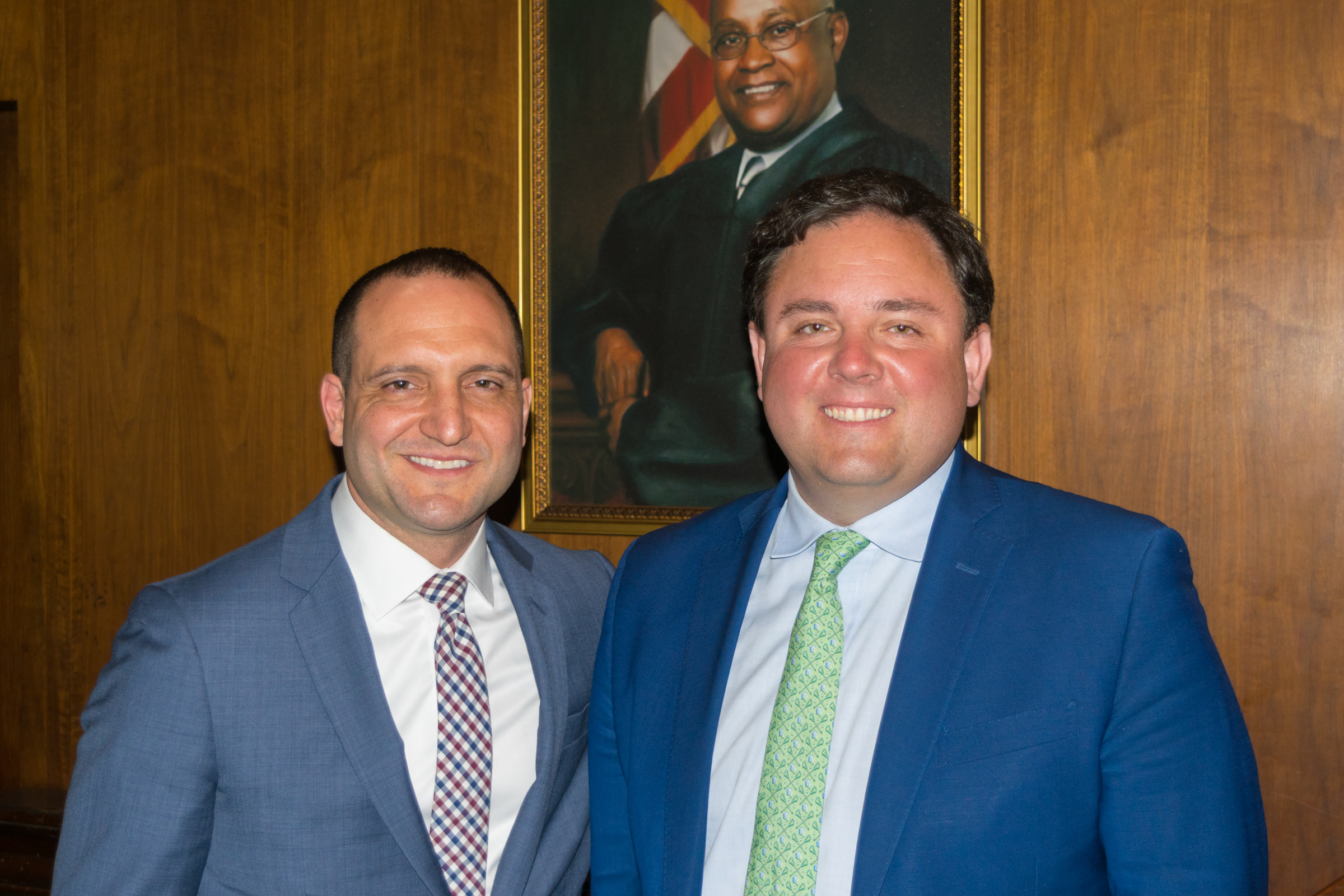Brooklyn Bar Association gives tips for estate planning in the digital age

Technology has had many intended and unintended consequences over the years and as it takes over more of our lives, trust and estate attorneys are taking more consideration of digital assets and what happens to our online accounts after we die.
Daniel Antonelli, the vice chair of the Brooklyn Bar Association’s Trust and Estates Section, has certainly taken notice.
“From what I see, there is a question as to whether you can get into people’s email accounts or social media accounts after they die, and for what reasons,” Antonelli said. “There is a distinction between digital assets in your iPhone, like photos, and emails, which are more of a communication than an asset. The law isn’t clear on what executors have access to and when.”

Brooklyn Boro
View MoreNew York City’s most populous borough, Brooklyn, is home to nearly 2.6 million residents. If Brooklyn were an independent city it would be the fourth largest city in the United States. While Brooklyn has become the epitome of ‘cool and hip’ in recent years, for those that were born here, raised families here and improved communities over the years, Brooklyn has never been ‘uncool’.